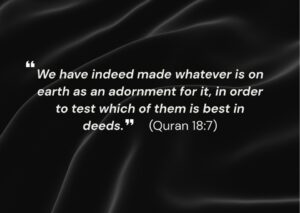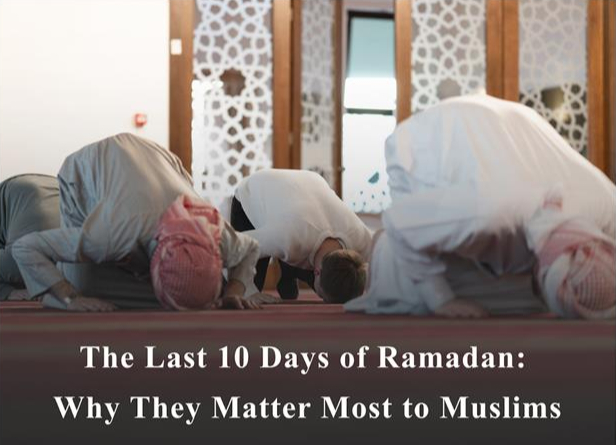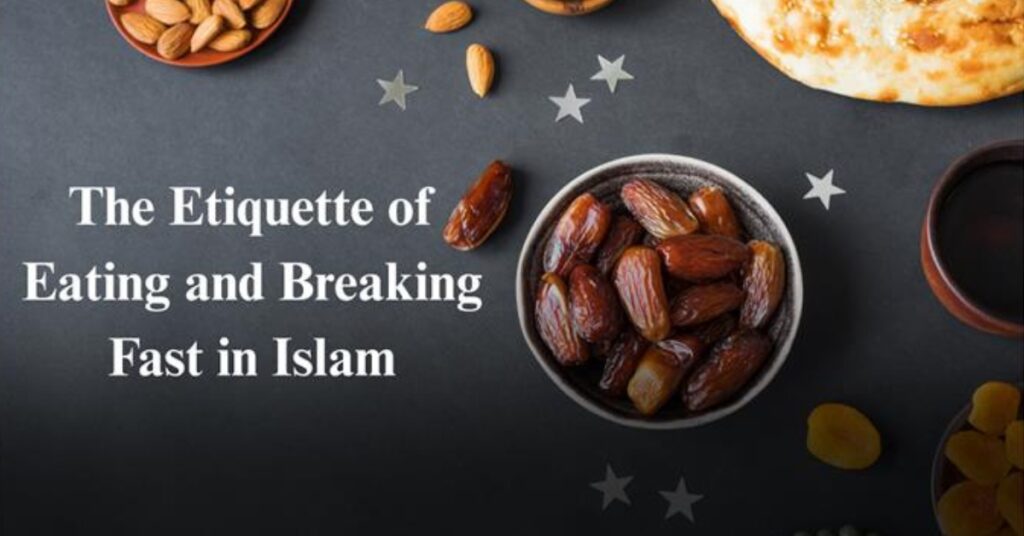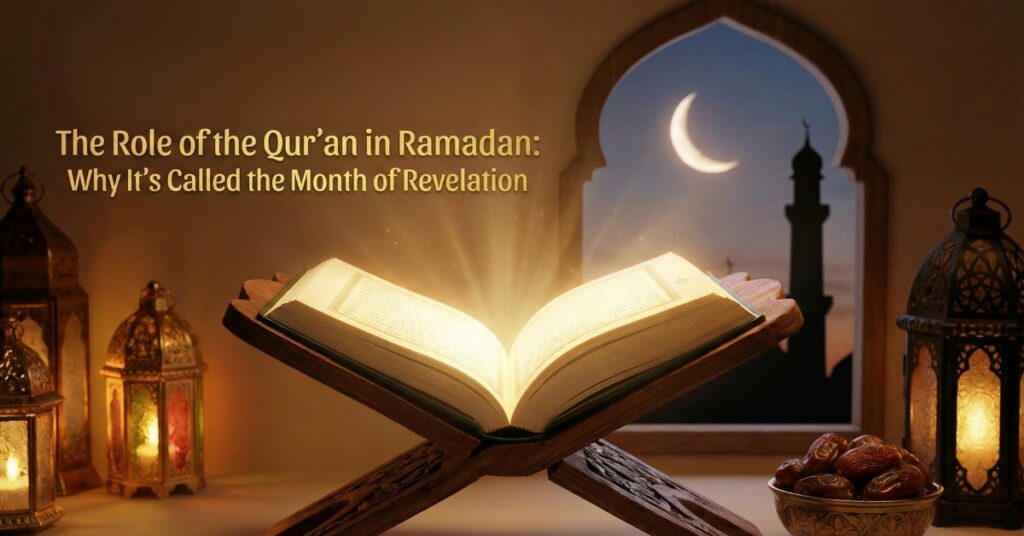The word “Jihad” has become one of the most misunderstood terms in contemporary discourse, often reduced to a simplistic equation with violence and holy war. This Jihad holy war misconception has created significant barriers to understanding Jihad in Islam and has contributed to harmful stereotypes. By examining authentic Islamic sources—the Quran and prophetic teachings—we can uncover the true meaning of Jihad and challenge these widespread myths.
The Linguistic Foundation: What Jihad Actually Means
To properly understand the Islamic concept of Jihad, we must first examine its etymological roots. The term “jihad” derives from the Arabic root “j-h-d,” which literally means “to exert,” “to struggle,” or “to make an effort”. This linguistic analysis reveals that jihad encompasses a broad range of activities related to striving and struggling, far beyond the narrow military interpretation often portrayed in the media.
“O believers! Be mindful of Allah and seek what brings you closer to Him and struggle in His Way, so you may be successful.” (Quran 5:35)
The true meaning of Jihad encompasses any earnest effort or struggle undertaken for a righteous cause. As the Britannica Encyclopedia notes, “jihad, particularly in the religious and ethical realm, primarily refers to the human struggle to promote what is right and to prevent what is wrong”. This definition immediately challenges the Jihad holy war myth by demonstrating that the concept is fundamentally about moral and spiritual endeavor.
The Two Types of Jihad: Greater and Lesser Struggles
Understanding Jihad in Islam requires recognizing the classical distinction between two primary types of jihad: the greater jihad (al-jihad al-akbar) and the lesser jihad (al-jihad al-asghar).
Greater Jihad: The Spiritual Struggle
The greater jihad represents the peaceful Jihad—the internal, spiritual struggle against one’s lower desires or what is also called “Nafs” and moral failings. This concept is rooted in a famous hadith where Prophet Muhammad (peace be upon him) said to his companions upon returning from battle: “We have returned from the lesser jihad to embark on the greater jihad”. When asked about the nature of this greater struggle, he explained it as “the struggle against one’s passions”.
This spiritual jihad involves:
- Striving in the way of Allah to follow Islamic principles and values
- Overcoming negative traits such as greed, anger, and pride
- Performing acts of worship and charity
- Pursuing knowledge and self-improvement
- Working for social justice and community welfare
- Striving to avoid deviation from following Islamic rules
Lesser Jihad: Defensive War In Islam
The lesser jihad refers to physical struggle, including Jihad defensive war. However, this interpretation comes with strict conditions and limitations that directly contradict the Jihad holy war misconception. The Quran establishes clear parameters for when such struggle is permissible.

Quran 18:7 emphasizes the beauty of the earth as a test for people to perform the best deeds
Jihad vs War:
While regular war may pursue political, territorial, or economic gain, Jihad in Islam is fundamentally a morally driven struggle, with spiritual or ethical objectives and strict compassion-based regulations—especially as set forth in the Holy Quran and prophetic teachings.
Quranic Foundations: Peace Over Aggression
Jihad in the Quran is presented within a framework that prioritizes peace and prohibits aggression. Several key verses establish this principle:
The First Permission for Warfare
The first Quranic verse permitting warfare was revealed in Surah Al-Hajj:
“Permission [to fight] is given to those who are being fought, because they have been wronged. And indeed, Allah is competent to give them victory. [They are] those who have been expelled from their homes without right—only because they say, ‘Our Lord is Allah.'” (Quran 22:39-40)
This verse, according to classical exegete Al-Qurtubi, was the first to address warfare and establishes that fighting was permitted only for those who were wronged and expelled from their homes. This Jihad defensive war principle demonstrates that Islam’s approach to conflict is fundamentally reactive, not aggressive.
The Non-Aggression Principle
The Quran however encourages to strive in the cause of and to please Allah:
“It is to have faith in Allah and His Messenger, and strive in the cause of Allah with your wealth and your lives. That is best for you, if only you knew. “ (Quran 61:11)
And also see this verse:
“As for those who struggle in Our cause, We will surely guide them along Our Way. And Allah is certainly with the good-doers.” (Quran 29:69)
The Quran explicitly prohibits the initiation of hostilities:
“Fight in the way of Allah those who fight against you but do not transgress. Indeed, Allah does not like transgressors.” (Quran 2:190)
This verse, revealed in Medina, establishes two crucial principles for understanding Jihad in Islam:
- Fighting is permitted only against those who fight first
- Even in defensive warfare, Muslims must not transgress limits
The Priority of Peace
The Quran consistently emphasizes peace over conflict:
“If the enemy is inclined towards peace, make peace with them. And put your trust in Allah. Indeed, He ˹alone˺ is the All-Hearing, All-Knowing.“ (Quran 8:61)
“But if they cease [their hostilities], then indeed, Allah is Forgiving and Merciful.” (Quran 2:192)
These verses demonstrate that peaceful Jihad is the preferred approach, and that conflict should cease immediately when the aggressor chooses peace.
Debunking Jihad Violence: Islamic Ethics of Warfare
When examining the conditions under which lesser jihad might be permissible, Islamic teachings establish strict ethical guidelines that further challenge misconceptions about violence. These rules for Jihad defensive war include:
Protecting Non-Combatants
The Prophet Muhammad (peace be upon him) established clear rules of engagement that forbid:
- Killing women, children, and elderly people
- Harming monks, rabbis, or other religious figures
- Destroying crops, trees, or property
- Cutting off water supplies
- Attacking those who do not fight
Proportionate Response
The Quran mandates proportionality in response to aggression:
“So whoever has assaulted you, then assault him in the same way that he has assaulted you. And fear Allah and know that Allah is with the righteous.” (Quran 2:194)
Just Authority
Islamic law requires that any military action be authorized by legitimate religious and political authority, not by individuals or unauthorized groups.
The Quran offers healing, peace, contentment, and refuge for the soul, emphasizing its spiritual and peaceful guidance in every step of our life.
The Peaceful Applications of Jihad
Debunking Jihad violence requires highlighting the numerous peaceful applications of the concept throughout Islamic history and contemporary practice:
Jihad of Knowledge
Seeking and spreading beneficial knowledge is considered a form of jihad. The Prophet said: “The best jihad is a word of truth spoken before a tyrannical ruler”.Words have more power than the sword
Economic Jihad
Working to improve economic conditions, helping the poor, and promoting just economic practices constitute forms of jihad.
Social Justice Jihad
Striving to establish justice, defend the oppressed, and reform society represents legitimate applications of jihad.
Educational Jihad
Teaching, learning, and promoting literacy and education are forms of jihad that build rather than destroy. The quran itself says: “So do not yield to the disbelievers, but strive diligently against them with this ˹Quran˺.” (Quran 25:52)
Contemporary Misuse and Authentic Understanding
The Jihad holy war myth has been perpetuated both by extremist groups who misappropriate Islamic terminology and by those who lack proper understanding of Jihad in Islam. Terrorist organizations that claim to act in the name of Jihad violate fundamental Islamic principles by:
- Targeting innocent civilians
- Initiating aggression
- Acting without proper religious authority
- Ignoring the priority of peace
- Violating rules of proportionality
Mainstream Islamic scholars consistently condemn such actions as contrary to authentic Islamic teachings. Unjustly harming people, forming a group that encourages killing in the disguise of Jihad is not struggling in Allah’s way but instead it is contrast to that. They are indeed answerable to Allah and will be punished by Allah.
Conclusion: Reclaiming the True Meaning
Understanding Jihad in Islam and its true meaning encompasses a broad spectrum of human struggle and effort, with spiritual self-improvement taking precedence over any physical conflict. When warfare is discussed in Islamic sources, it is strictly limited to defensive scenarios with extensive ethical constraints.
The Islamic concept of Jihad ultimately calls Muslims to strive for personal excellence, social justice, and peaceful coexistence. Debunking Jihad violence myths is essential not only for correcting misunderstandings about Islam but also for promoting genuine interfaith dialogue and mutual understanding. As the word Jihad itself instills fear in many including Muslims. Not all wars are Jihad and not all Jihads are war.
We find in the global newspapers, in the magazines, on the radio, on the satellite channels, on the internet and on the social media platforms there is a virulent propaganda regarding Islam and the most misunderstood term “Jihad”. It’s not only misunderstood by Muslims but also by Non-muslims. It’s the struggle to or to strive in the cause of Allah.
As we work to counter the Jihad holy war misconception, we must emphasize that Islam’s foundational principle, as stated in the Quran, is that “there shall be no compulsion in religion” (2:256). This principle of religious freedom, combined with the priority given to peaceful Jihad and the strict limitations on Jihad over defensive war, reveals a religious tradition committed to human dignity and peaceful coexistence.
The path forward requires continued education, authentic scholarship, and the courage to challenge misconceptions with facts. Only through such efforts can we hope to replace harmful stereotypes with genuine understanding of Jihad in Islam, which most of the Orientalists even today misrepresent. While the true meaning of Jihad can be technically presented as a positive force for personal and social transformation.The Arabic translation of Holy War is “Harbun Muqaddasa” which is found nowhere in the Quran, nowhere in the Prophetic teachings.
What are the two types of jihad in Islam?
Islam recognizes greater jihad (the internal spiritual struggle against one's negative desires) and lesser jihad (external struggle, including defensive warfare). The greater jihad is considered more important and challenging.
Does the Quran promote violence through jihad?
The Quran explicitly forbids initiating aggression (2:190) and only permits fighting in self-defense. It prioritizes peace and mandates that hostilities cease when the aggressor chooses peace (8:61).
Can individual Muslims declare jihad?
No, Islamic law requires that any military action be authorized by legitimate religious and political authority. Individual declarations of jihad are not recognized as valid in Islamic jurisprudence.
How does peaceful jihad work in practice?
Peaceful jihad includes seeking knowledge, performing charity, working for social justice, educating others, striving for personal moral improvement, and building positive communities—all considered forms of striving in Allah's path.
Why is Jihad misunderstood in the West?
Media misrepresentation, extremist misuse, and lack of awareness have contributed to the Jihad holy war misconception.
What is the highest form of Jihad?
According to Prophet Muhammad ﷺ, struggling against one’s own self is the highest form—spiritual Jihad.









